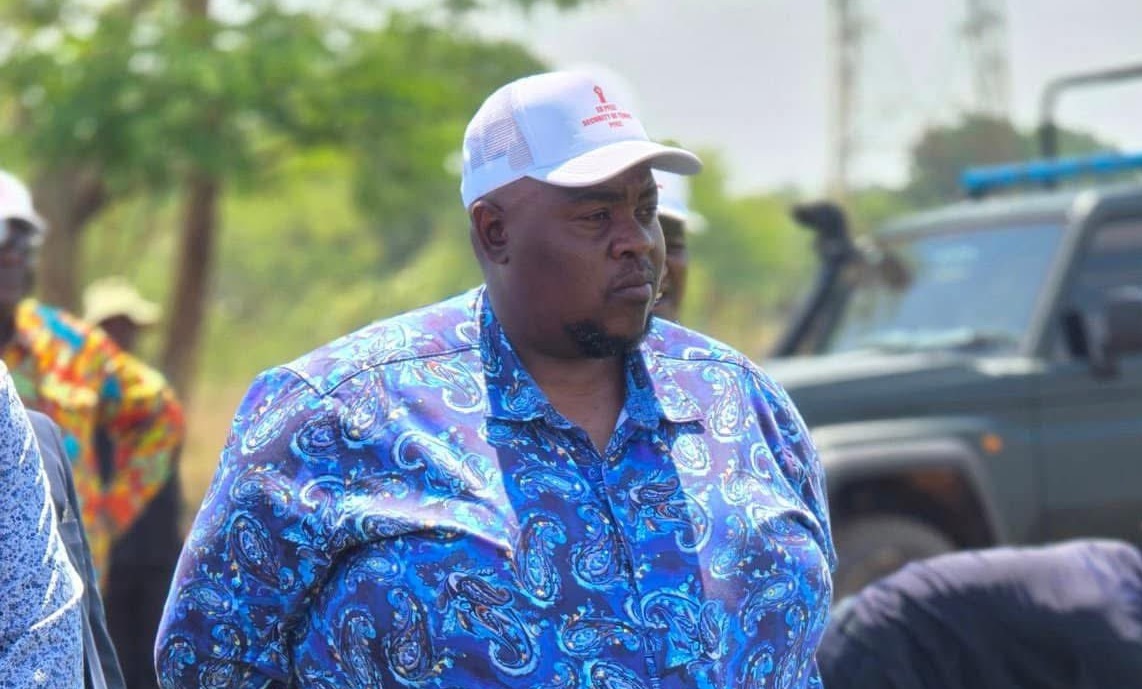In a scandal shaking the foundations of electoral integrity in southern Africa, controversial businessman Wicknell Chivayo has been linked to the funneling of over R1.1 billion in Zimbabwean public funds through a complex network of private South African companies.
These funds, initially earmarked for Zimbabwe’s 2023 general elections, now appear to have financed luxury cars, lavish lifestyles, and shell enterprises, sparking allegations of corruption, political interference, and money laundering.
A Secretive Deal
In the lead-up to Zimbabwe’s disputed 2023 general elections, the country’s Ministry of Finance quietly transferred R1.1 billion to REN-FORM CC, a South African security printing firm. The company was hand-picked—without a public tender—by the Zimbabwe Electoral Commission (ZEC) to provide essential election materials, including ballot papers, voter registration kits, and technical infrastructure.
However, a trail of leaked documents, bank records, and intelligence reports paints a picture far removed from electoral transparency.
The Chivayo Connection
REN-FORM CC (registration number 1992/001051/23) is at the center of the financial maelstrom, but it is the role of Wicknell Chivayo that raises the most serious concerns. According to an intelligence report from South Africa’s Financial Intelligence Centre (FIC), REN-FORM’s lucrative contract was secured with Chivayo’s help—an individual with a long and controversial history of state contract dealings.
Leaked voice notes attributed to Chivayo suggest the business magnate acted as a middleman, brokering commissions for senior government officials, including President Emmerson Mnangagwa and ZEC Chairperson Justice Priscilla Chigumba. While Chivayo has denied authoring the recordings, he acknowledged they created an “unfortunate impression.”
Yet, the money trail tells a clearer story than the denials.
Inflated Prices and Suspicious Payments
Documents show rampant price inflation in the REN-FORM contract:
-
A central server was charged at R23 million, despite market rates hovering around R100,000.
-
2,000 portable toilets were billed at R68,700 each—many times their actual value.
-
Biometric Voter Registration (BVR) kits were sold to Zimbabwe at US$16,000 each, far above international benchmarks.
The total amount paid by Zimbabwe’s Ministry of Finance between April 2023 and May 2024 reached R1,167,040,139—with a significant portion disappearing into a maze of bank accounts tied to Chivayo.
Where Did the Money Go?
REN-FORM acted as a pass-through. Within days of receiving funds, it began disbursing large sums to South African companies linked to Chivayo. Chief among them was Intratrek Holdings (Pty) Ltd, a company incorporated just days before the first government payment. Intratrek alone received R350 million.
Other recipients included:
-
Asibambeki Platinum Group – R351 million
-
Edenbreeze (Pty) Ltd – R156 million
-
Dolintel Trading Enterprise (Pty) Ltd
These companies, according to FIC reports, provided few if any verifiable services related to election logistics.
A River of Luxury Spending
From Intratrek’s Standard Bank account, forensic analysts tracked rapid outflows of cash to entities with no connection to elections:
-
R36.4 million – Vehicle purchases
-
R5.4 million – Daytona luxury car dealership
-
R1.6 million – Flight Centre South Africa
-
R5.6 million – NN Truck and Trailer
-
R4 million – Strauss Scher Inc (law firm)
-
R1 million – Christian by Hadassah (cosmetics)
-
R9.4 million – Indo Logistics
-
R28.8 million – Kumba Group
Transactions were often round-numbered and executed in quick succession—classic signs of potential money laundering.
Did Officials Get a Cut?
The scandal intensified following leaks from Chivayo’s business partners, Mike Chimombe and Moses Mpofu. Audio messages surfaced in which Chivayo allegedly outlines how “commissions” were divided among powerful individuals, including intelligence and electoral officials.
While Zimbabwe’s Anti-Corruption Commission (ZACC) has announced an investigation, no arrests or charges have been made. Critics argue the probe is a smokescreen, noting that Chivayo continues to flaunt his wealth on social media with impunity.
A Growing Crisis of Confidence
This case threatens to become one of the largest election-related corruption scandals in the region’s history. What began as a procurement shortcut has unveiled a systemic siphoning of public funds—funds meant to uphold democracy, but instead used to enrich a politically connected few.
The silence from officials implicated in the leak, combined with a lack of prosecutorial action, has further eroded public trust in both ZEC and the government. Meanwhile, calls grow louder for a cross-border, independent investigation.
Until such action is taken, one thing remains certain: the money is gone, the questions remain—and the credibility of Zimbabwe’s 2023 elections may never recover.
Source | DugUp

For comments, Feedback and Opinions do get in touch with our editor on WhatsApp: +44 7949 297606.
